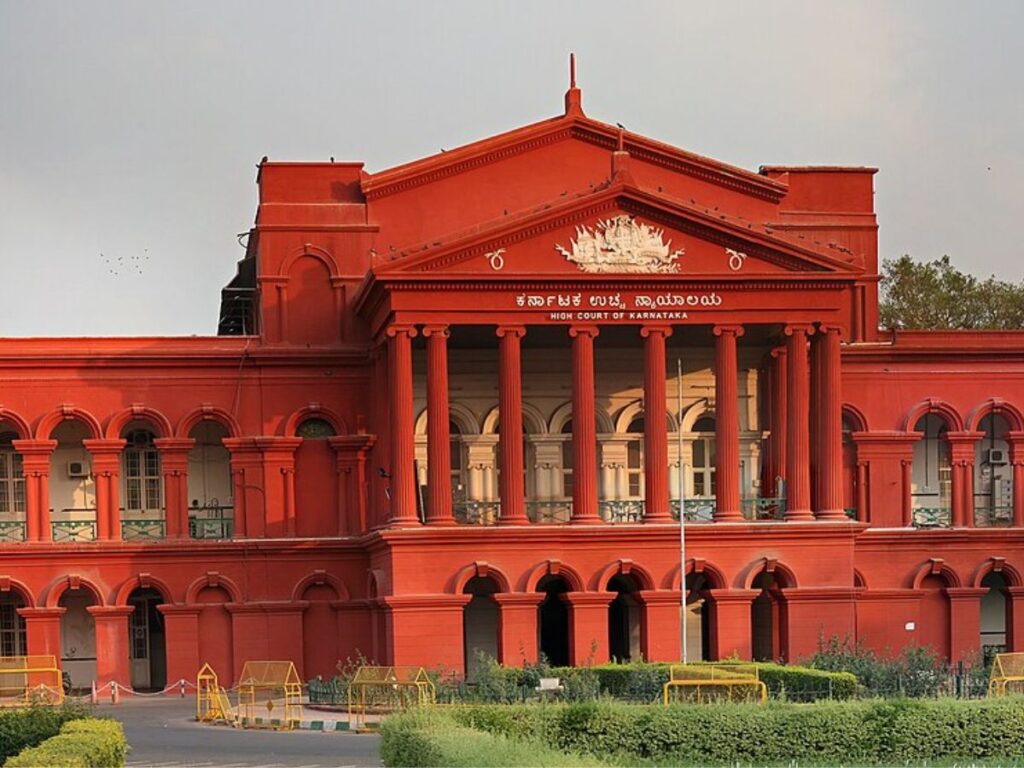Now Reading: Bihar Elections 2025: Is BJP in a Tight Spot Over NDA Seat Sharing?
-
01
Bihar Elections 2025: Is BJP in a Tight Spot Over NDA Seat Sharing?
Bihar Elections 2025: Is BJP in a Tight Spot Over NDA Seat Sharing?

India’s political landscape is shifting rapidly as Bihar gears up for its 2025 elections. After failing to secure a full majority in the 2024 Lok Sabha polls, the BJP now faces tricky negotiations with its allies over seat sharing. With regional partners demanding more influence, the ruling party must strike a balance between ambition and alliance politics in a state where every seat matters.
Changing dynamics after 2024
The 2024 general elections altered the political arithmetic. The BJP, which had often ridden to power on its own strength, fell short of a standalone majority. As a result, the party now has to lean on coalition partners more than ever — even in states like Bihar where it once hoped to expand its base.
Allies within the NDA, like JD(U), HAM and LJP (Ram Vilas), are asserting stronger bargaining positions. Having played kingmaker at the Centre, regional leaders now expect greater shares in state polls. The BJP’s challenge: how much territory to cede without weakening its influence.
Stakes for BJP in Bihar
Bihar has long been a battleground where local equations carry immense weight. Winning too few seats in the state assembly could undercut the BJP’s regional strength and future electoral leverage. Yet giving too much ground to junior partners might embolden them — or hurt BJP’s brand.
For voters in Tier-2 districts like Muzaffarpur or Bhagalpur, this is more than backstage politicking. The final seat map will determine who their local candidates are and how resources are distributed. Many feel neglected when alliances are made purely on political convenience.
Allies pushing hard, BJP holding lines
Leaders of smaller parties are demanding prominent seats and more say in candidate selection. Some are hinting at opting out of the alliance if their expectations aren’t met. The BJP, for its part, is trying to avoid rupture while firming up its core strength.
But the BJP’s own ambitions in Bihar are growing. It wants to win more seats independently than before. That means taking a tougher stand in negotiations, which risks friction. If all sides don’t strike a workable deal soon, internal rifts could become public.
Key risks ahead
If seat sharing fails or appears unfair, it can erode trust within the NDA. Parties might pull back or run independently, splitting votes and helping opposition fronts. The BJP could also face blame for sidelining local voices or favoring particular groups.
At the same time, allies pushed to the margins could become unpredictable. Their support in future votes, governance agreements or national politics may turn shaky. The last thing the BJP wants is a repeat of broken partnerships in Bihar and beyond.
What voters should watch
- Which party gets priority seats in their district
- Whether incumbents are replaced to appease alliance demands
- How public sentiment reacts to perceived betrayal or favoritism
- Any signs of alliances falling apart before candidate lists are finalized
These factors will affect not just election day but governance and stability for the next five years.
Conclusion
The 2025 Bihar polls are shaping up as more than just a state contest — they’re a test of how coalition politics will unfold after the 2024 national shift. For the BJP, staying strong while managing ally expectations is a delicate act. For voters from smaller towns, the outcome will show whether political deals respect their voices or ride over them. In the end, Bihar might deliver lessons for national alliances too.

























